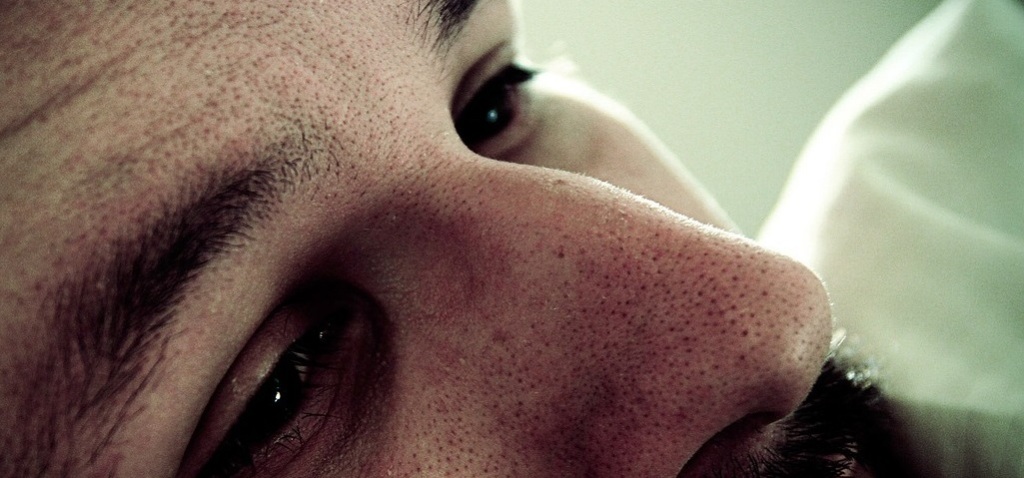Ostracism as a measure against unwanted behavior is common in every human settings and organisations. When you are being banned or excluded from a group temporarily. It is believed that you bond to grow up new leaf during the period, but, the question remains, does ostracism really help change bad behavior?
Ostracism causes real pain, because our basic need for belonging, self-esteem, control, and recognition is thwarted – said Kipling D. Williams, a Purdue professor of psychological sciences.
If at all, Ostracism help shape attitude, it could leave behind pain that is often deeper and lasts longer than a physical injury. Imagine the mental torment you would face if people your once considered close friends can seem to just turn on you so quickly.
As stated earlier, Ostracism is common in every social gatherings. It hurts me so much the plight of those who pass through this attitude modelling period; it makes me keep searching for the true definition of punishment. Is it for the damnation of the offender or to help put him or her on the right track? To be frank, Ostracism is a mental torture.
Ostracism is intensely painful! Is just like sending one straight to hell.
“Being excluded or ostracized is an invisible form of bullying that doesn’t leave bruises, and therefore we often underestimate its impact. Being excluded by high school friends, office colleagues, or even spouses or family members can be excruciating. And because ostracism is experienced in three stages, the life of those painful feelings can be extended for the long term. People and clinicians need to be aware of this so they can avoid depression or other negative experiences,” said Williams.
Williams did a research and identified three stages of response of anyone under ostracism: the initial pain of being ignored or excluded, coping and the acceptance of the undesirable but inevitable depression.
In a study with 5,000 people carried out by William to check how people feel, it show how just three minutes of ostracism can produce lingering negative feelings.
“How can it be that such a brief experience, even when being ignored and excluded by strangers with whom the individual will never have any face-to-face interaction, can have such a powerful effect?” he said
In the second stage, which is coping; those ostracized are likely to engage in behaviors such as obeying others or expressing attraction. “They will go to great lengths to enhance their sense of belonging and self-esteem. At some point, they stop worrying about being liked, and they just want to be noticed,” Williams said.
Read also: 5 Consequences of Low Self-Esteem
However, they may give up if they lost ability to cope.
“The third stage is called resignation. This is when people who have been ostracized are less helpful and more aggressive to others in general,” William said. “It also increases anger and sadness, and long-term ostracism can result in alienation, depression, helplessness and feelings of unworthiness.”
Read also: How to handle an Emotional Manipulator
Reference:
Ostracism: Consequences and Coping: Kipling D. Williams and Steve A. Nida


